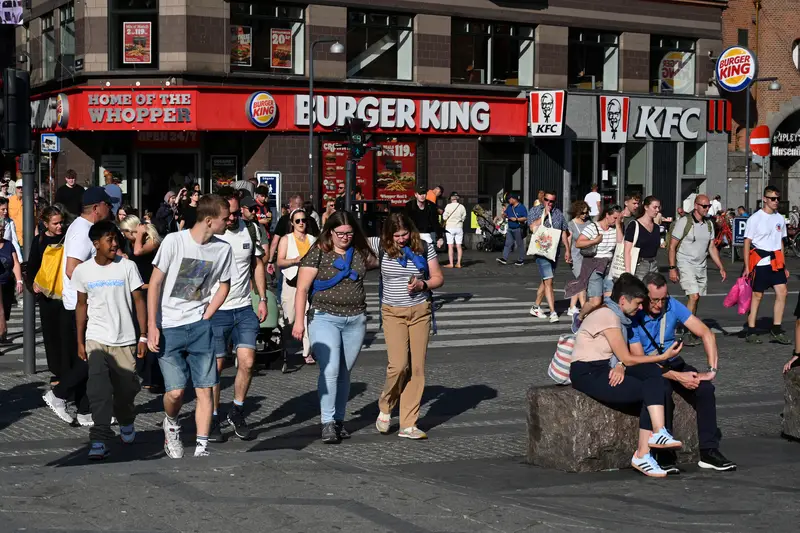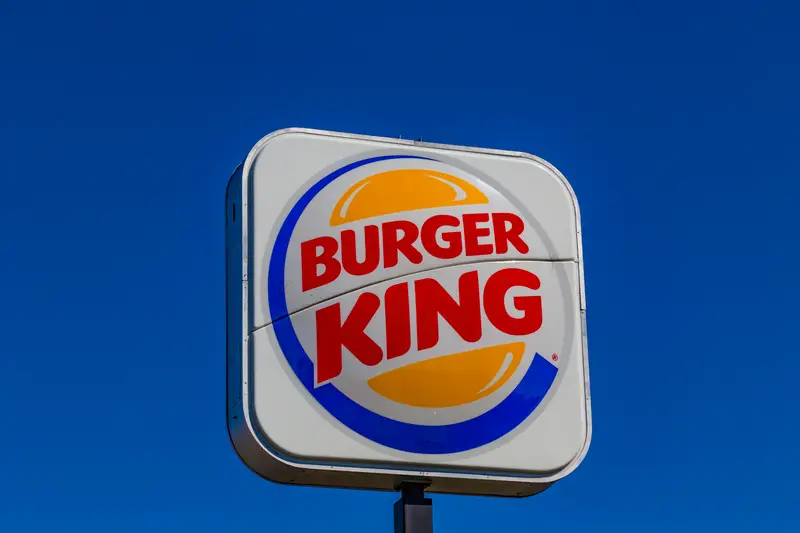In 2024, a bizarre story emerged from Pittsburgh’s South Side that would make any fast food patron think twice before ordering their next meal. A rogue Burger King location continued serving customers even after losing its franchise license, creating what could only be described as a fast-food parallel universe.
The unauthorized Whopper operation begins

After numerous food quality complaints, Burger King corporate revoked this location’s franchise rights. However, the employees weren’t ready to give up their crown. Instead of closing shop, they barricaded the front door and continued operating as if nothing had changed.
As official supplies dwindled, the crew got creative. They started sourcing generic ingredients from Costco and offered increasingly bizarre menu modifications. Want a Whopper with unlimited patties? No problem. Regular ketchup replaced with generic brands? You got it.
A pattern of nationwide inspection failures
The Pittsburgh incident isn’t isolated. In November 2024, a Gainesville Burger King received seven violations, including three high-priority infractions. Time-sensitive foods weren’t properly discarded, and inspectors discovered concerning plumbing issues.
What makes these incidents particularly troubling is how they expose the fragile relationship between corporate oversight and franchise operations. When standards slip, the consequences can range from amusing to alarming.
Corporate response and damage control

Burger King’s history of handling controversies reveals a mixed bag of responses. From animal welfare disputes to labor relations issues, the company has faced numerous challenges requiring careful navigation.
In Pittsburgh, corporate eventually intervened, reclaiming the location and renovating it under new management. But what if this hadn’t been an isolated incident? What if other locations had followed suit, creating a network of unauthorized operations?
When employees go off script

The most intriguing aspect of the Pittsburgh story isn’t just the unauthorized operation – it’s the employees’ dedication to maintaining their version of the restaurant. They created their own rules, menu modifications, and atmosphere, complete with ominous music playing in the background.
When local news investigated, the crew hastily removed the Burger King signage but continued wearing their uniforms, creating an absurd scene that belonged more in a comedy film than reality. Rumors even circulated about the original crew retreating to the Allegheny Mountains to continue their burger operations.
This incident raises serious questions about franchise oversight and food safety standards across the fast-food industry. While the Pittsburgh location’s story might seem entertaining, it highlights significant gaps in corporate control and monitoring systems. The next time you’re driving through an unfamiliar neighborhood and spot a fast-food restaurant acting slightly odd, remember the tale of Pittsburgh’s rogue Burger King – not all crowns are created equal.

